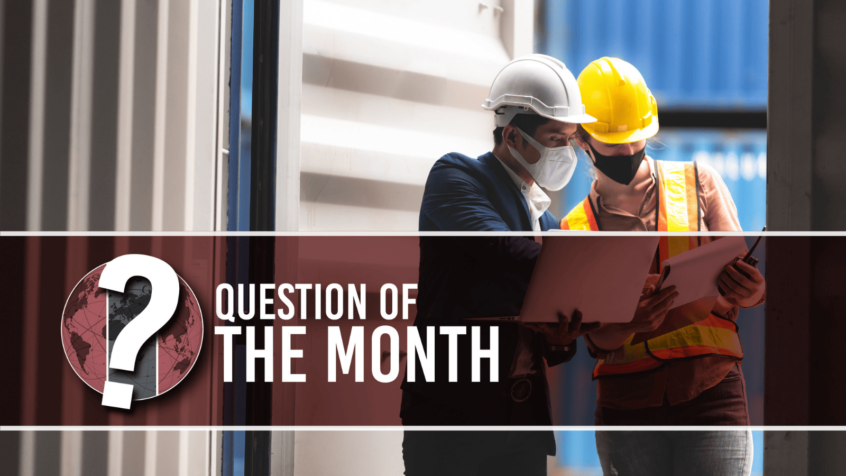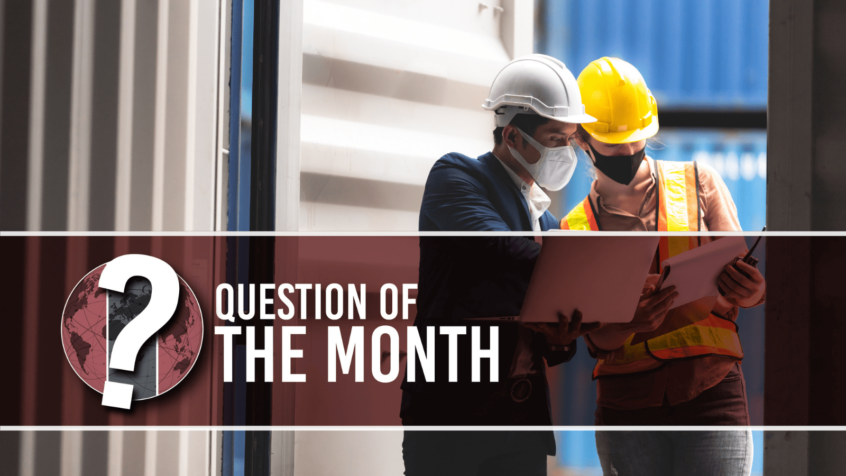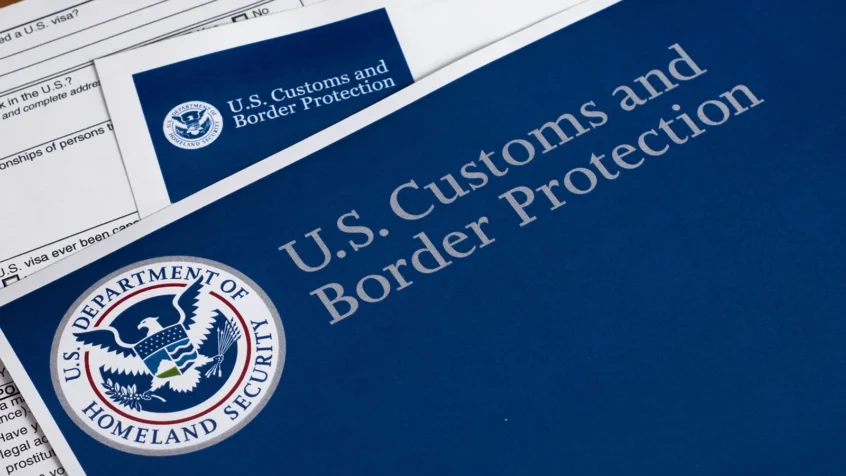Customs Q&A of the Month: What is the Government Confidentiality Request Portal? with Licensed Customs Broker, Jessica Parks Did you know that information and data appearing on outward and inward manifests can be disclosed to interested members of the public? Information that is currently available to the public: • Consignee´s Name and Address • Shipper´s Name and Address • Notify Party Name and Address • … Read More
Question of the Month: Are 301 tariffs eligible for duty drawbacks?
With our Licensed Customs Broker, Jessica Parks Q: Are 301 tariffs eligible for duty drawbacks? A: Yes, However Duty drawbacks, or refunds, of these duties can only occur under specific circumstances. Your goods are eligible for duty drawback if, after being imported into the U.S., they are subsequently exported without ever entering U.S. commerce, OR they are legally destroyed or disposed of without ever entering … Read More
Is the Merchandising Processing Fee (MPF) Increasing this year?
Q: Is the Merchandising Processing Fee (MPF) Increasing in 2021? A: Yes, U.S. Customs & Border Protection (CBP), posted notice of the below-noted increase(s) in user fees, which are effective October 1, 2021. CBP will increase Consolidated Omnibus Budget Reconciliation Act (COBRA) ‘User Fees’ by 11.009 percent to adjust for inflation in the fiscal year 2022. New Rates Include: MPF Minimum: $27.75 (previously $27.23) MPF Maximum: … Read More
What is the Country of Origin Marking Requirements?
Customs Question of the Month with Licensed Customs Broker, Jessica Parks Q: What is the Country of Origin Marking Requirements? A: All cargo that is imported into the US needs to be labeled correctly with the country of origin (country of manufacture, production, or growth). The purpose of the marking is to inform the ultimate purchaser in the US of the country in which the article … Read More
3 Costly Mistakes Importers Make in the Brokerage Process
Listen the article here: GLC INC. · 3 Costly Mistakes Importers Make In The Brokerage Process
Customs Brokerage Question of the Month
Q: What are Anti-Dumping and Countervailing Duties? A: Antidumping (AD) and Countervailing Duties (CVD) are intended to offset the value of dumping and/or subsidization, thereby leveling the playing field for domestic industries taking a hit by unfairly traded imports. “Dumping” occurs when foreign manufacturers sell goods in the United States less than fair value, causing injury to the U.S. industry. AD cases are company-specific; their … Read More
Continuous Bond: What Is It, and Why Do You Need One?
Q: Why do I need a continuous bond? A: Customs Bonds are required by US Customs for all commercial imports valued at $2,500 or more, even if a shipment is duty-free. A bond guarantees to U.S. Customs & Border Protection (CBP) that the importer will make good on its payment for the duties and taxes due per shipment. There are Single Entry Bonds (SEBs) that … Read More
What is an Importer Security Filing (ISF)?
Q: What is an Importer Security Filing (ISF)? A: The Importer Security Filing, known as the ISF, was put into place on January 26, 2009 as an additional security measure for cargo coming into the US by ocean. ISF Importers, or their agent, must transmit the required data elements, no later than 24 hours before the cargo is laden aboard a vessel destined to the … Read More
Is Your Import Regulated by the FDA?
Customs Question of the Month with Licensed Customs Broker, Jessica Parks Q: How do I know if the Food and Drug Administration regulates my import? A: The Food and Drug Administration (FDA) regulates more commodities than its name would imply. These commodities are, but not limited to, medical devices, some electronics, LED lights, cosmetics, and tobacco products. Each commodity that the FDA regulates requires information … Read More
Are 301 Tariffs Eligible for Duty Drawback?
CUSTOMS QUESTION OF THE MONTH with Licensed Customs Broker, Jessica Parks Nov. 2020 Q: Are 301 tariffs eligible for duty drawback? A: Yes, However Duty drawbacks, or refunds, of these duties can only occur under specific circumstances. Your goods are eligible for duty drawback if, after being imported into the U.S., they are subsequently exported without ever entering U.S. commerce, OR they are legally destroyed … Read More
- Page 2 of 2
- 1
- 2





